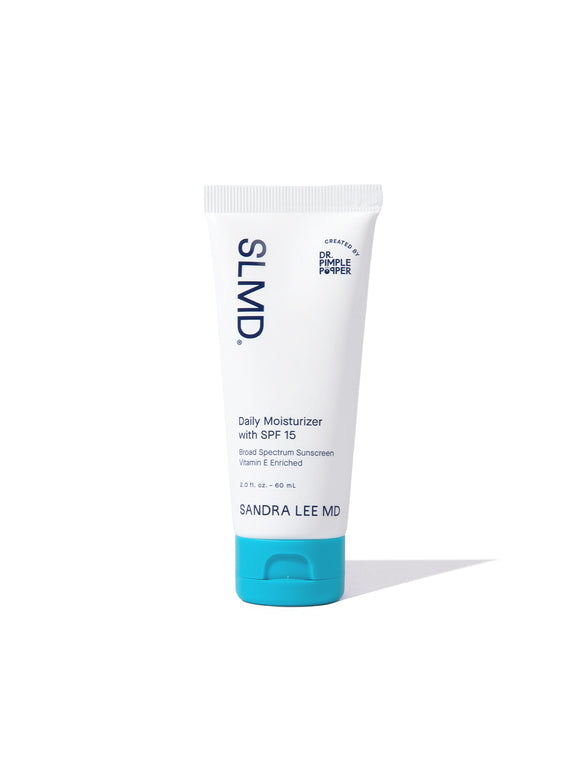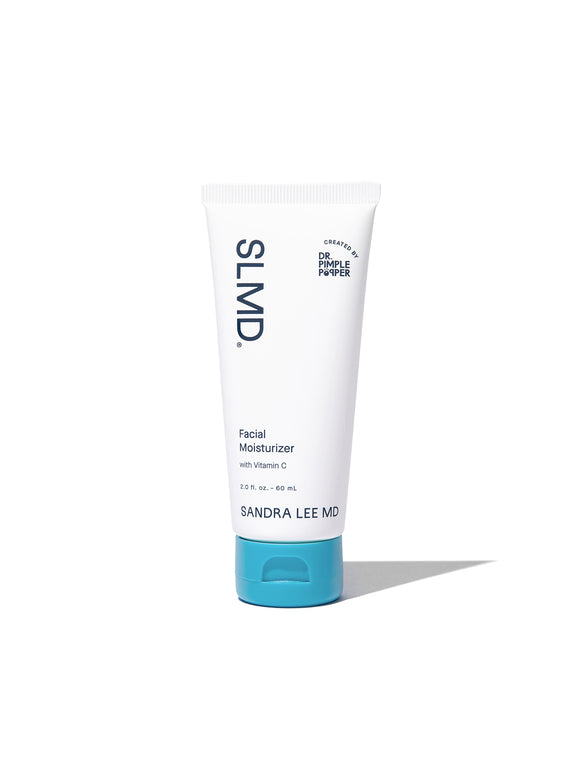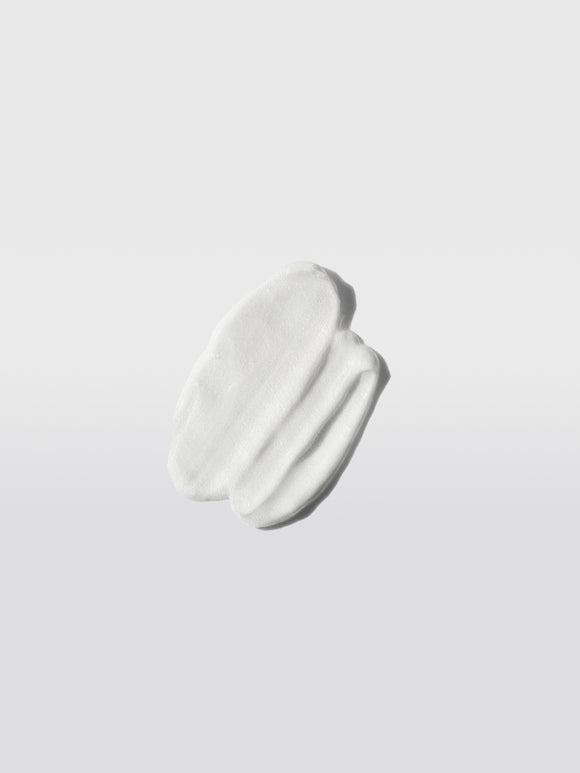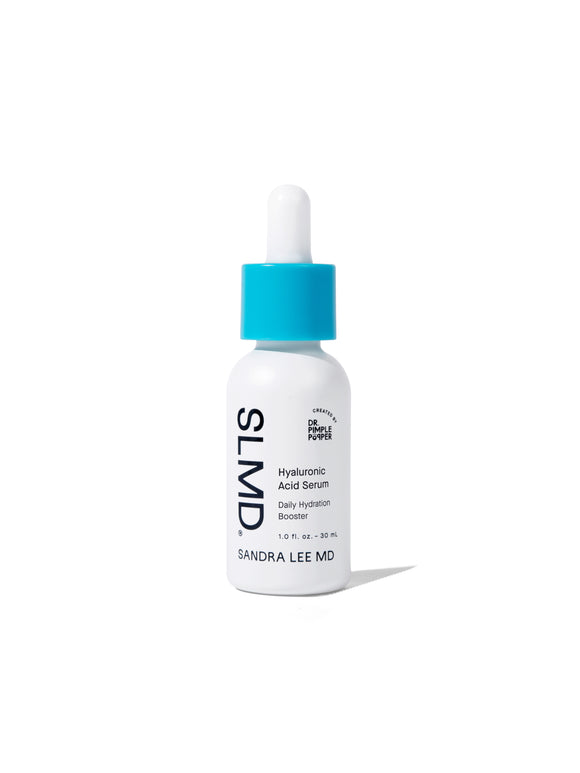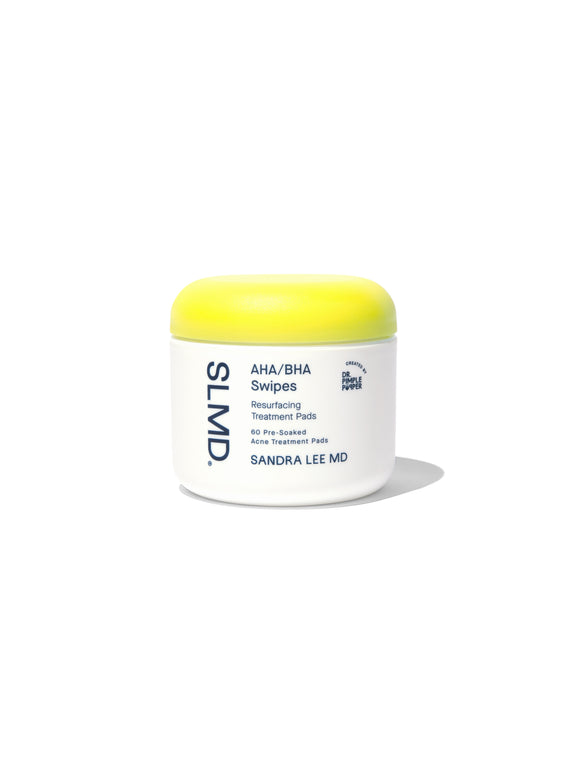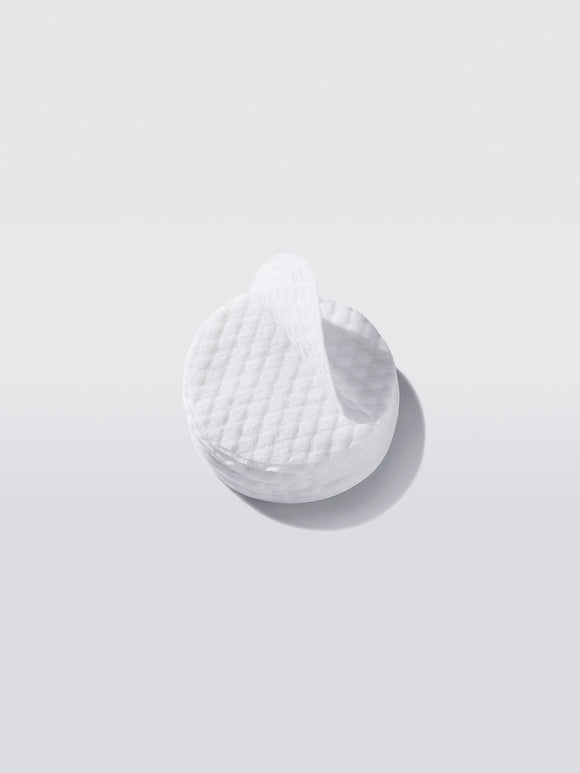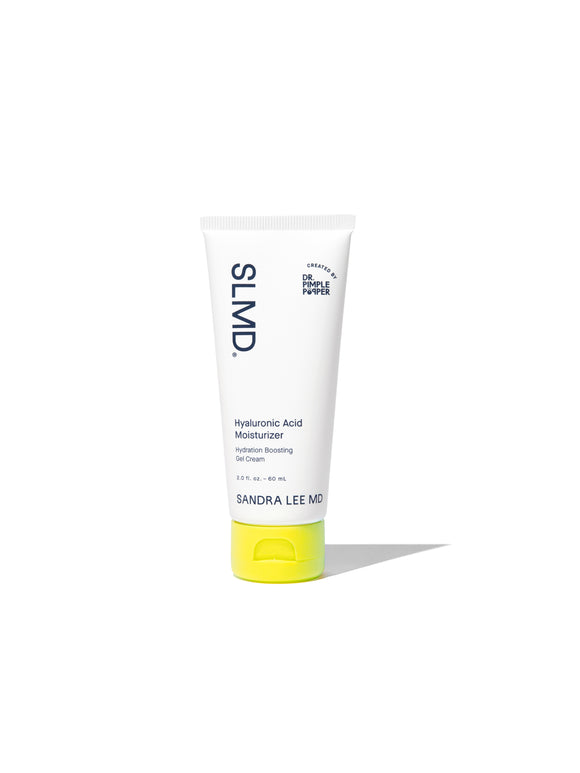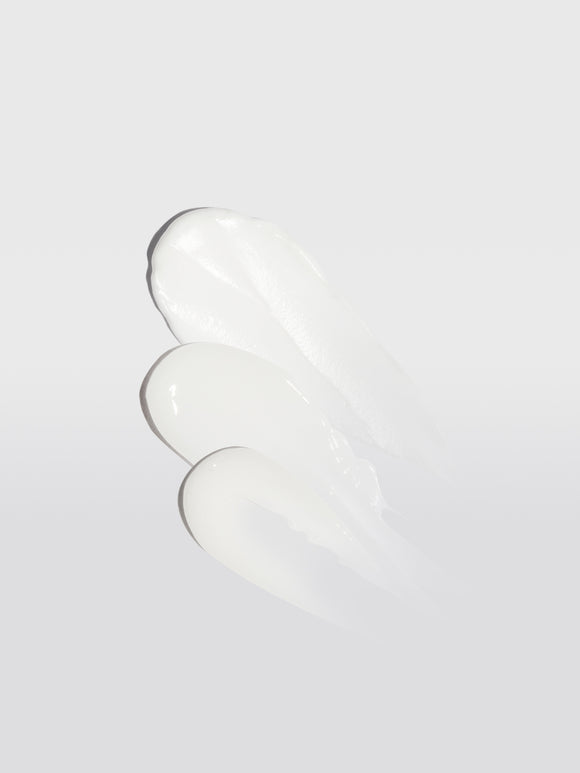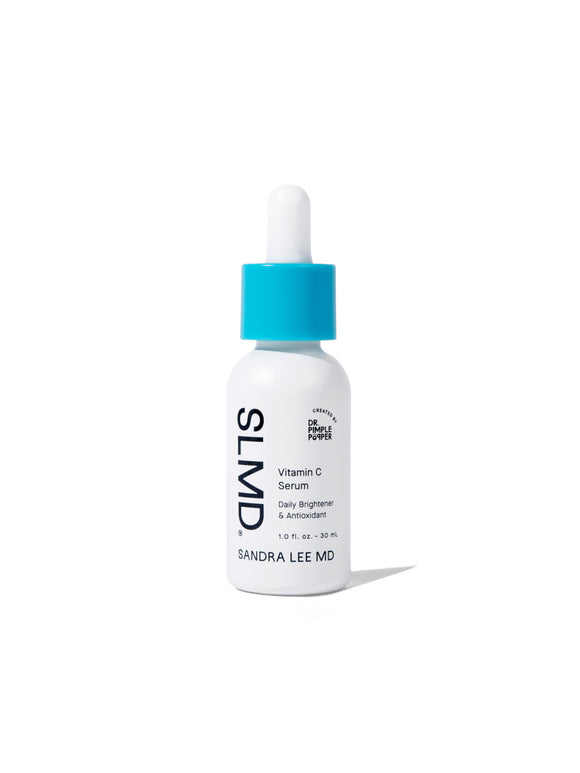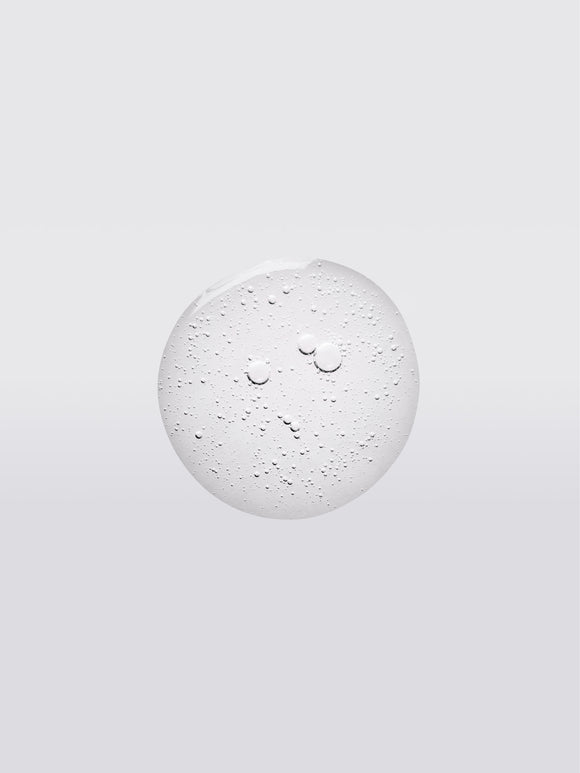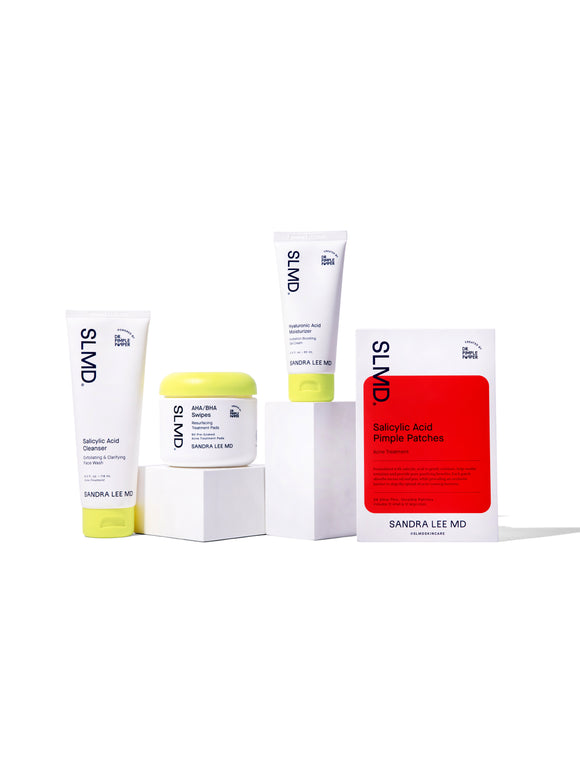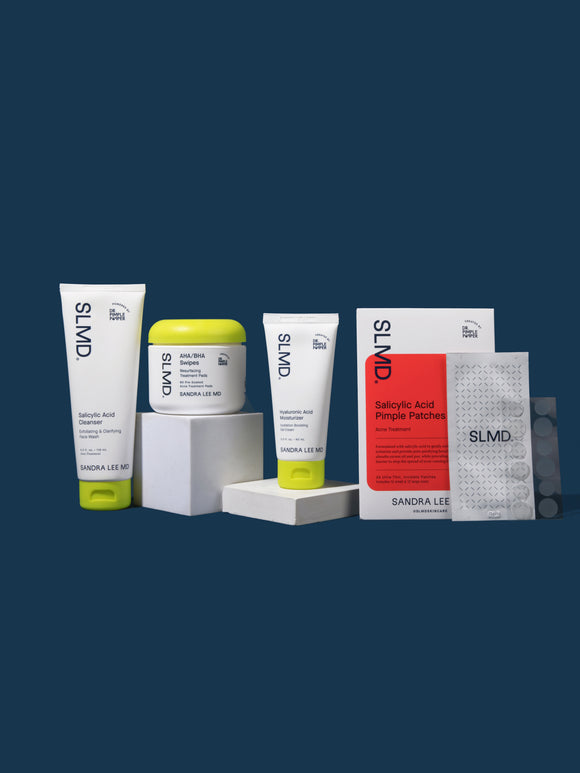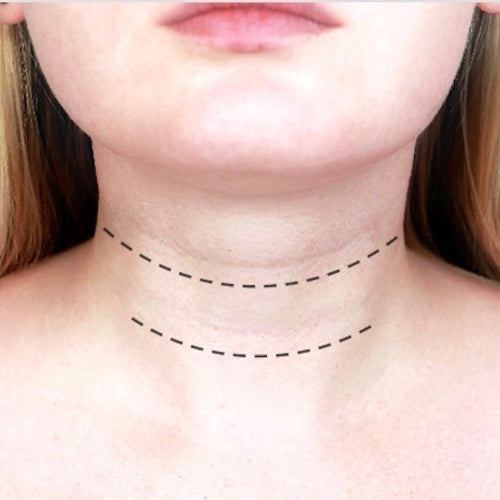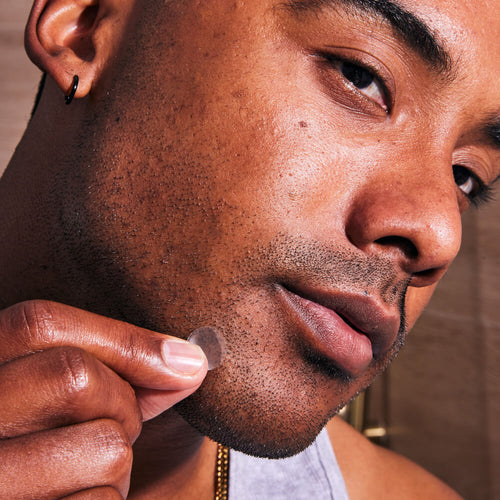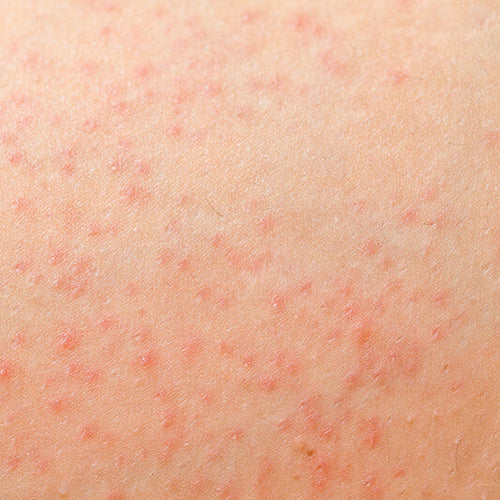
How to Tell If Your Skin Is Healthy: 5 Key Signs
Is your skin as healthy as it should be? Here's how to tell — and how to keep it thriving.
Published:
2 minute read
We talk a lot about the importance of having healthy skin — but what does that actually mean?
Healthy skin isn’t about perfection; it’s about optimal function. The way our skin looks and feels provides clues about its overall health. Here are 5 signs your skin is healthy—and tips on how to maintain it.
#1 Even tone
Healthy skin has a consistent tone with minimal blotchiness or discoloration. While some variations in color are natural, sudden or persistent changes could indicate underlying conditions. Key types of color changes include:
- Blotchiness: Could result from inflammation, environmental damage, or product reactions
- Hyperpigmentation: Caused by excess melanin from UV damage or skin trauma
- Hypopigmentation: A loss of pigment often linked to inflammation or infection
Tips to maintain even skin tone
- Use sunscreen daily to prevent UV damage
- Consider treatments with ingredients like vitamin C or niacinamide to help reduce discoloration
#2 Smooth texture
Smooth, consistent texture is a hallmark of healthy skin. While minor variations are common (particularly as seasons change), persistent rough patches or bumps can signal underlying issues:
- Rough patches: May indicate conditions like eczema, psoriasis, or actinic keratosis
- Bumps: Could result from acne, ingrown hairs, or other inflammatory conditions
Tips to maintain smooth skin texture
- Gently exfoliate to remove dead skin cells and maintain skin turnover
- Incorporate retinol to help support skin's renewal cycle
- Keep skin hydrated with moisturizers that support the skin barrier
Try: SLMD AHA/BHA Swipes, Retinol Resurfacing Serum, Hyaluronic Acid Moisturizer, Facial Moisturizer with Vitamin C
#3 Balanced hydration
Balanced skin maintains the right levels of water and oil, preventing it from feeling overly dry or oily. Key signs of imbalance include:
- Hydration issues: Skin lacking water can appear dull, flaky, and sometimes oily
- Moisture issues: Deficiency in natural oils can cause tightness and itchiness
Tips to achieve balanced hydration
- Use non-comedogenic moisturizers that support your skin’s natural barrier
- Incorporate hydrating serums, such as those with hyaluronic acid, to lock in moisture
Try: SLMD Hyaluronic Acid Serum
Dr. Pimple Popper's Healthy Skin Picks
#4 Healthy resilience
Resilient skin bounces back from irritation and heals efficiently, reflecting a strong, healthy barrier. Factors influencing resilience include:
- Collagen and elastin: Essential proteins that provide structure and elasticity
- Skin barrier: Maintains protection against environmental damage and helps retain moisture
Tips to boost skin resilience
- Use antioxidant-rich products like vitamin C to support collagen production
- Prioritize adequate sleep to help your skin regenerate overnight
#5 Comfortable feel
Healthy skin feels comfortable, without burning, itching, or stinging sensations. Discomfort often signals that something is amiss:
- Burning and stinging: May indicate product irritation or environmental damage
- Itching and oozing: Can suggest inflammation, infection, or allergic reactions
Tips to maintain skin comfort
- Soothe irritated skin with calming ingredients like aloe or chamomile
- Avoid harsh products that strip the skin’s natural oils, and consult a dermatologist for persistent discomfort

Dr. Lee's Last Word
Healthy skin isn’t about looking perfect—it’s about how your skin functions and feels. If something seems off, trust your skin’s signals and don’t hesitate to make adjustments to your routine…and if necessary, consult a dermatologist.



